read also
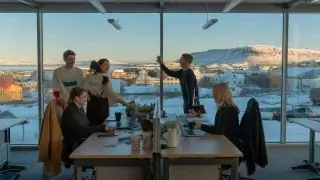 Iceland’s Four-Day Workweek Five Years On
Iceland’s Four-Day Workweek Five Years On
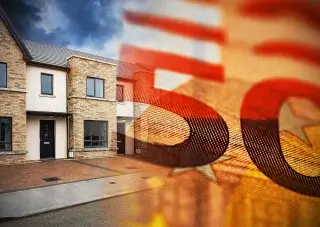 Mortgage Approvals in Ireland Slump Sharply in January
Mortgage Approvals in Ireland Slump Sharply in January
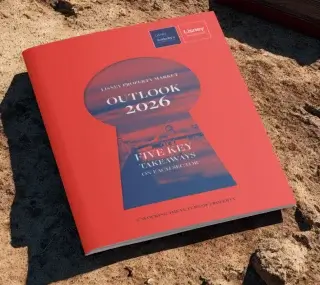 Lisney Property Market Outlook: Irish Property Market Poised for Steady Growth in 2026
Lisney Property Market Outlook: Irish Property Market Poised for Steady Growth in 2026
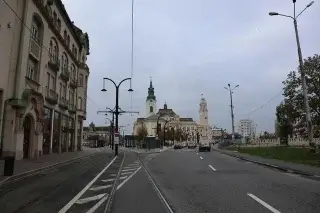 Inflation in Romania Slows to 9.6% but Remains Above Forecast
Inflation in Romania Slows to 9.6% but Remains Above Forecast
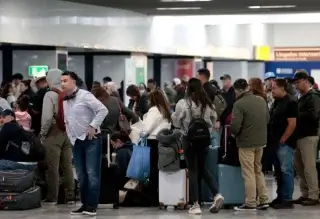 Riots in Mexico Disrupt Air Links to Resort Destinations
Riots in Mexico Disrupt Air Links to Resort Destinations
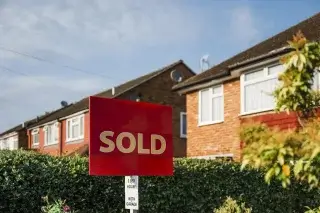 UK House Prices Stabilise After 2025 Slowdown
UK House Prices Stabilise After 2025 Slowdown
Six Real Estate Investors Arrested in Serbia
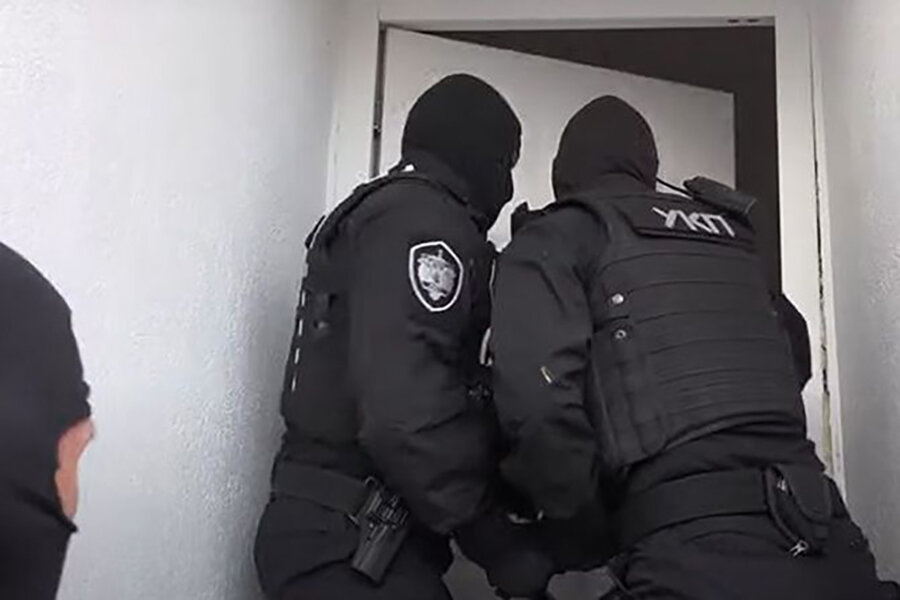
The campaign intensified after the collapse of a station canopy in Novi Sad and now affects all types of real estate. So far, the primary focus has been on buildings intended for public use, but inspections have also begun in the residential sector.
According to the Telegraf.rs source, six people were arrested in Belgrade in February 2025 for constructing four residential buildings in Ledine without proper permits. Recently, Nemanja Stajić, the former secretary of the Department for Legalization Affairs in Belgrade, was also detained on suspicion of approving the legalization of several illegally built structures.
The Politica.rs report states that the mayor of Obrenovac and former director of Serbia's state power company EPS, Milorad Grčić, was previously arrested for abuse of office in connection with public procurement, causing damage exceeding one million euros.
Longstanding Anti-Corruption Efforts
According to official statements, Serbia has been combating corruption for years. A 2020 document, Priorities in the Fight Against Corruption in Serbia 2020, highlighted the importance of this issue for society. It emphasized that public officials should ensure transparency in contracts and state obligations. Any law should undergo public discussion with impact analysis, and citizen initiatives, including those from the opposition, should be considered in parliament within set deadlines. The document also advocated for anti-corruption guarantees in economic measures, transparent fund distribution, and efficiency monitoring. Furthermore, it called for eliminating preferential treatment for certain companies and developing a new anti-corruption strategy, monitoring reform implementation, and considering reports from international organizations and EU recommendations.
The Challenge of "Unregistered" Real Estate
Despite these efforts, Serbia is still far from achieving full transparency and regulatory clarity. A significant portion of real estate remains "unregistered," meaning it is not officially recorded in government databases. According to the Republic Geodetic Authority (RGZ), in the first quarter of 2024, nearly 30% of the total market value—over €465 million—belonged to the partially regulated sector. These properties are only partially governed by laws and regulations, making ownership rights complex to determine.
Unregistered housing exists in both the secondary and primary markets. In the latter case, developers may have a construction permit but lack final approval for use, meaning the building is listed in the land registry with a restriction on its usage. Some unregistered properties can still be sold if all transfer agreements are notarized, often at a 5% lower price. While Serbia's official real estate market sees an annual turnover of €2.1 billion, the partially regulated market results in losses exceeding €100 million per year.
Between 2019 and 2023, the partially regulated sector grew from 22% to 33% of the market. In 2022, Serbia's total real estate transactions reached a record €7.5 billion, with one-third spent on properties not recorded in the land registry. There are 4.9 million registered properties, but a similar number remain in the partially regulated category. Of these, 2.7 million meet regulatory standards, yet their owners refuse to submit documentation.
Experts argue that this situation "stifles investment potential." Without official usage approval, reconstruction and modernization projects face obstacles, mortgages cannot be secured, and inheritance issues arise.
Authorities Step Up Safety Inspections
For years, authorities largely ignored these real estate market issues. However, following the Novi Sad station collapse, which killed 15 people, many local governments began inspecting building safety, as reported by Vreme here. Their findings revealed that 49 buildings in Niš, 36 in Kragujevac, and dozens in other municipalities were unsafe. While the initial focus has been on public-use buildings, recent arrests show that residential properties are also under scrutiny.
The scale and public impact of these investigations are unprecedented, notes Nova here. The prosecution is investigating over 50 companies across Serbia involved in various industries. Among those detained are Dušan Rafailović, chairman of the Standardization Committee, businessman Aleksandar Papić, and other executives suspected of corruption and fraud.


